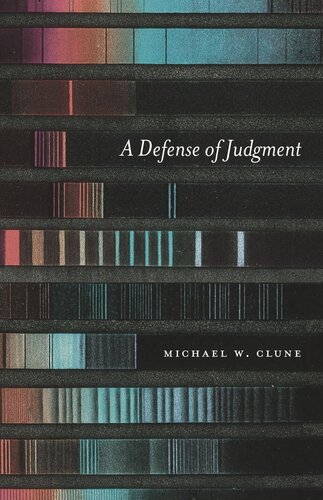

Most ebook files are in PDF format, so you can easily read them using various software such as Foxit Reader or directly on the Google Chrome browser.
Some ebook files are released by publishers in other formats such as .awz, .mobi, .epub, .fb2, etc. You may need to install specific software to read these formats on mobile/PC, such as Calibre.
Please read the tutorial at this link: https://ebookbell.com/faq
We offer FREE conversion to the popular formats you request; however, this may take some time. Therefore, right after payment, please email us, and we will try to provide the service as quickly as possible.
For some exceptional file formats or broken links (if any), please refrain from opening any disputes. Instead, email us first, and we will try to assist within a maximum of 6 hours.
EbookBell Team

5.0
68 reviewsTeachersof literature make judgments about value.Theytelltheirstudentswhichworks are powerful, beautiful, surprising, strange,orinsightful—and thus,whichare more worthy oftime and attention than others. Yetthe field of literary studieshaslargely disavowed judgments of artistic value on the grounds that they are inevitablyrootedin prejudice or entangled in problems of social status.For several decades now, professors havecalledtheirwork value-neutral,simplya means for students to gain cultural, political, or historical knowledge.
Michael W. Clune’s provocative book challenges these objections to judgment and offers a positive account of literary studies as an institution of aesthetic education.It is impossible, Clune argues, toseparatejudgments about literary value from the practices of interpretation and analysis that constitute any viable model of literary expertise.Clune envisions a progressive politics freed from the strictures of dogmatic equality and enlivened by education in aesthetic judgment,transcendingconsumer culture and market preferences.Drawing on psychological and philosophical theories ofknowledge andperception,Cluneadvocates forthe cultivation of whatJohnKeats called “negative capability,” the capacity to place existing criteria in doubtand to discover new concepts and new values in artworks.Moving from theory to practice, Clune takes up works byKeats,Emily Dickinson, Gwendolyn Brooks, Samuel Beckett, and Thomas Bernhard, showing how close reading—the profession’s traditional key skill—harnesses judgment to open new modes of perception.